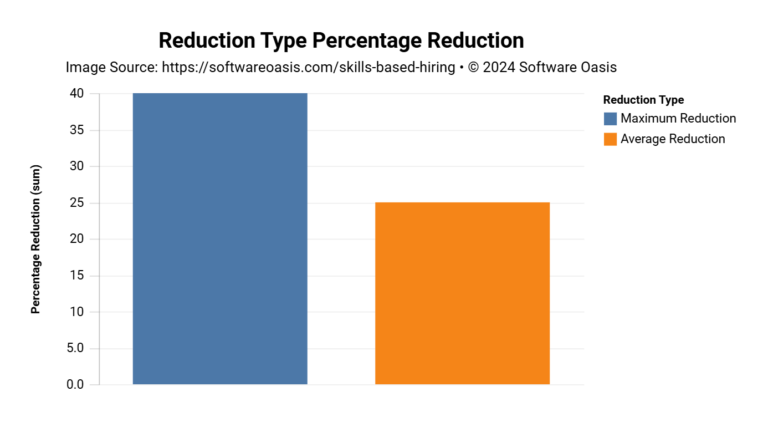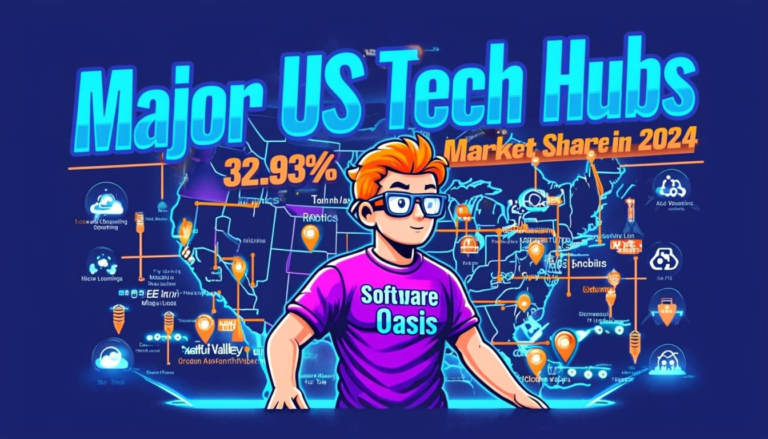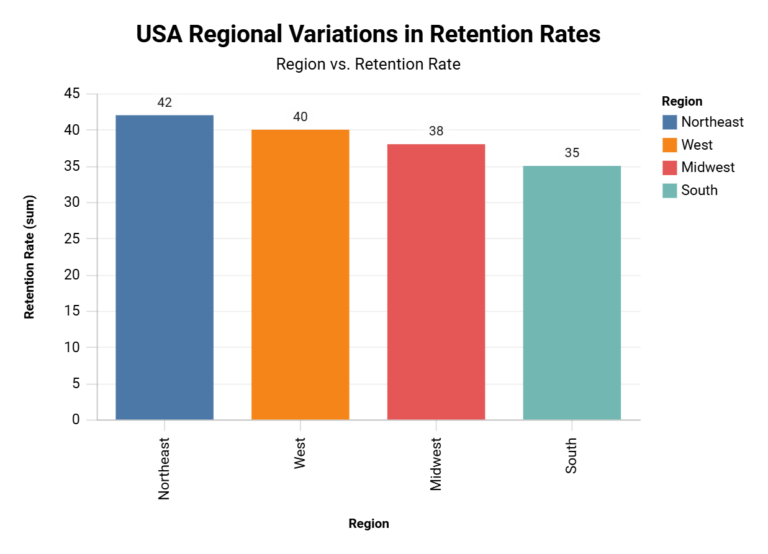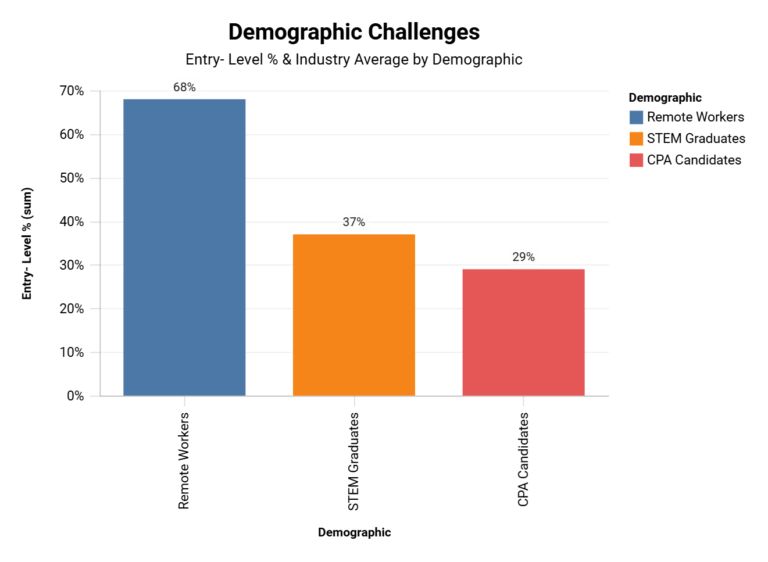AI Search Features Data + Statistics: Transforming Results with 47% AI-Generated Content
AI Search Features
Search engines are rapidly evolving with artificial intelligence (AI) integration, fundamentally changing how users interact with search results. As of 2025, 47% of search engine results pages (SERPs) now include AI-generated features, such as summaries, chat responses, and recommendations. On mobile devices, these AI-driven features occupy 48% of the screen space, significantly impacting user behavior and content visibility (AIOSEO, January 2025). Below, we explore the implications of this shift and what it means for digital marketers.
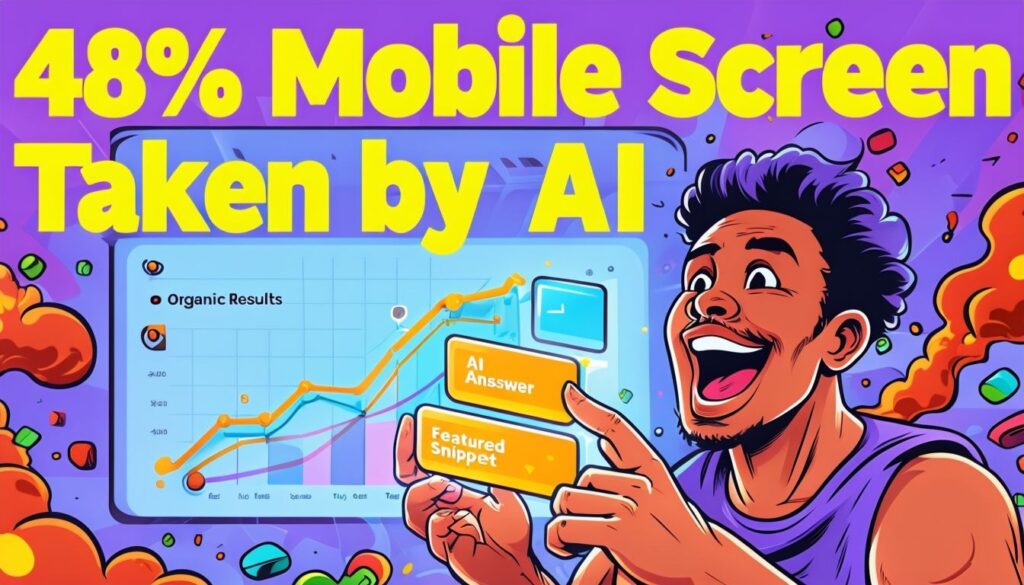
The Rise of AI-Generated Features in Search
AI-generated features have become a standard component of search engines, providing users with instant answers and personalized recommendations. These features are powered by advanced algorithms that analyze user intent and deliver relevant information directly on the SERP.
Key Statistics:
- AI-generated features appear in 47% of all search results (AIOSEO, January 2025).
- On mobile devices, these features take up 48% of screen space, reducing visibility for traditional organic results (BrightEdge Report, February 2025).
- By 2026, over 60% of search interactions are projected to involve AI-generated content (Juniper Research, February 2025).
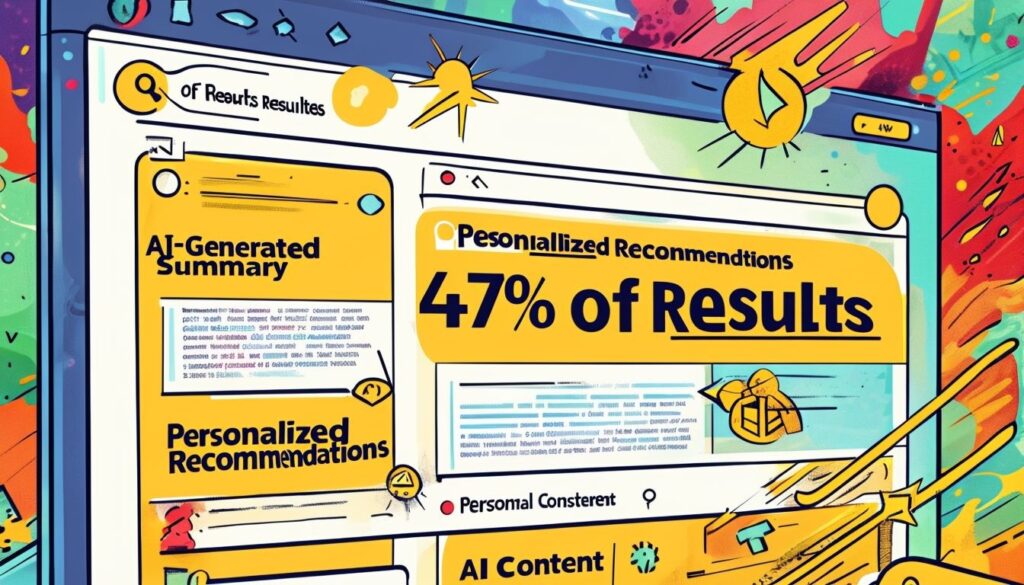
This growing trend underscores the need for businesses to adapt their strategies to remain visible in an increasingly AI-dominated search environment.
How AI-Generated Features Are Changing Search Behavior
1. Instant Answers
AI-powered summaries and direct answers reduce the need for users to click through to websites. This has increased engagement with SERP content while decreasing traditional click-through rates.
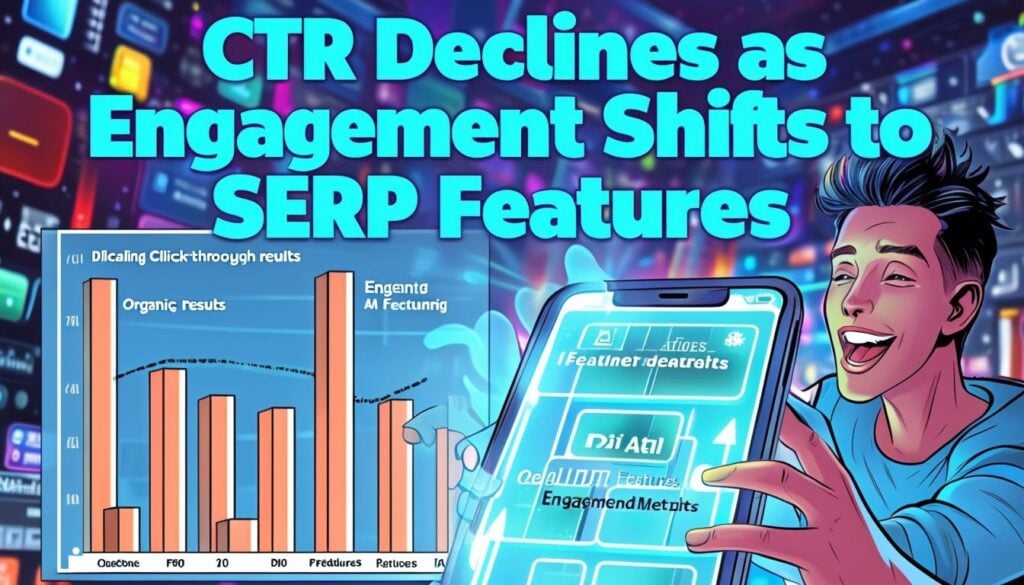
2. Personalized Recommendations
Search engines now use AI to provide tailored suggestions based on user preferences and past behavior. This has made searches faster and more relevant but has also raised concerns about algorithmic bias.
3. Visual Enhancements
AI-generated features often include rich visuals like charts, images, and videos that draw user attention. These elements dominate mobile screens, leaving less space for organic results.
4. Conversational Interfaces
With the rise of chat-based AI tools like ChatGPT and Google Bard integrated into search engines, users are engaging in conversational queries rather than traditional keyword searches.
Implications for Digital Marketers
For digital marketers navigating this rapidly evolving landscape: Are your clients questioning your relevance in the AI era? With 35% annual growth in AI search through 2028, traditional SEO skills alone won't sustain your business. Our AI Search Rankings course equips you with cutting-edge strategies to deliver exceptional results in the AI age. Don’t lose clients to more innovative agencies—Start For Free and become an AI search expert.
To stay competitive, marketers must focus on optimizing for AI-generated features by creating structured data, improving content relevance, and targeting featured snippets.
Future Outlook for AI Search Features
The integration of AI into search is just beginning:
- By 2030, it’s estimated that 75% of all SERPs will include some form of AI-generated content (Juniper Research, February 2025).
- Innovations like multi-modal search will combine text, voice, and visual inputs to provide even more dynamic results.
- Ethical concerns around transparency and algorithmic bias will drive regulatory changes in how AI is used in search engines.
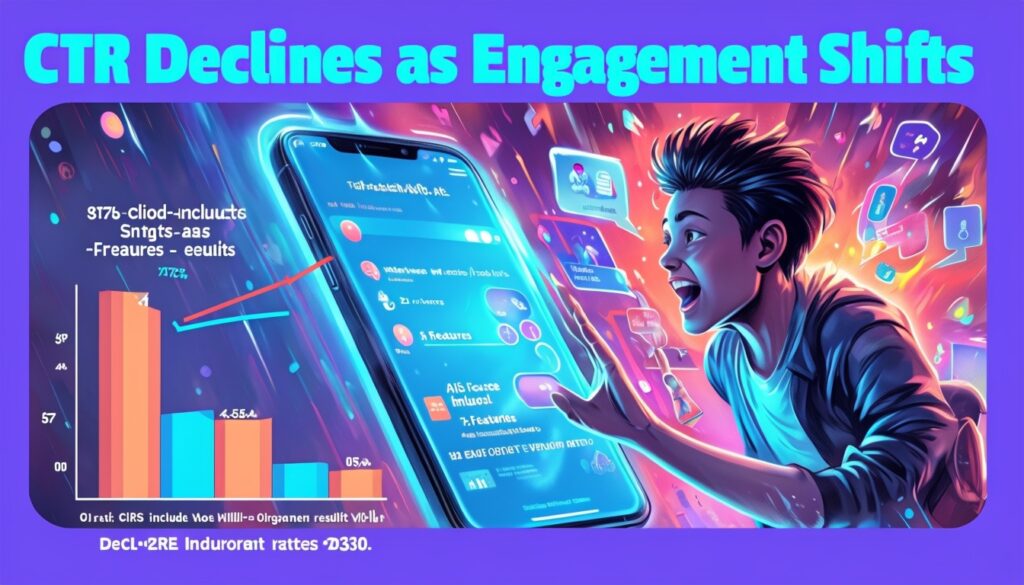
As these trends continue to evolve, businesses that adapt their strategies to align with AI-driven search will maintain a competitive edge.

